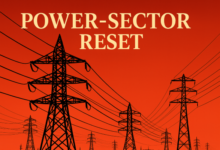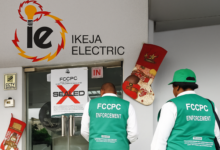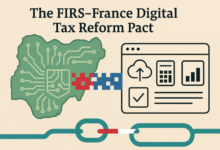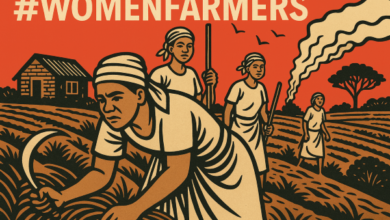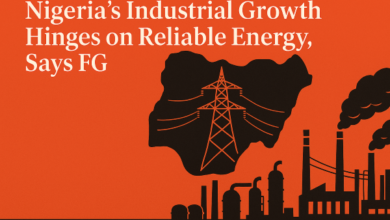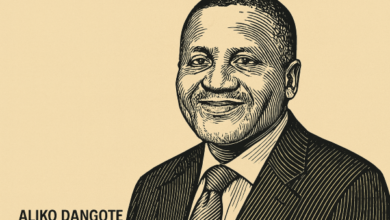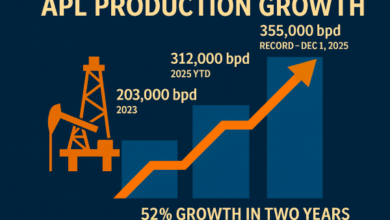Arewa Forum Warns CBN: BDC Reform Must Be Inclusive to Safeguard National Stability
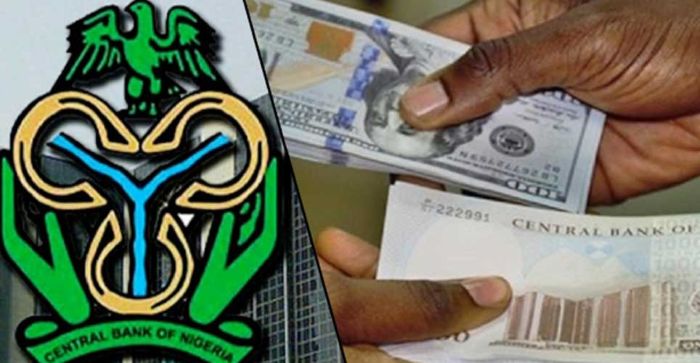
The Central Bank of Nigeria’s (CBN) sweeping Bureau De Change (BDC) recapitalisation reform has come under fresh scrutiny from the Arewa Economic Forum (AEF), which warns that the new policy—if hastily or rigidly implemented—could deepen poverty, displace thousands of operators, and fuel instability, especially in Nigeria’s northern regions.
Addressing a press briefing in Abuja on Thursday, AEF Chairman, Alhaji Ibrahim Dandakata, called on the Federal Government and the CBN to pursue a more inclusive and phased BDC reform approach that recognises the economic realities of informal operators and regional disparities in financial access.
“This is not just an economic reform; it is a national stability issue,” Dandakata said. “Rushed implementation without support mechanisms will collapse a sector that sustains thousands of families.”
The Policy Shift: What’s at Stake?
The CBN’s new guidelines—announced in May 2024—raise the minimum capital base for Tier One BDCs from ₦35 million to ₦2 billion, and ₦500 million for Tier Two operators, who are limited to operating within one state. Tier One players will have national reach, including the ability to franchise.
This represents a staggering capital jump of 1,300% to 5,600%, effectively pricing out hundreds of small and medium-sized BDC operators—particularly in the North where informal finance still plays a critical role in local economies.
Under the new rules:
- Tier One BDCs:
- ₦2 billion minimum capital
- National licence
- Franchise model allowed
- ₦2 billion minimum capital
- Tier Two BDCs:
- ₦500 million minimum capital
- State-limited operation (one state, five branches max)
- No franchise option
- ₦500 million minimum capital
Economic & Security Fallout Looms
Dandakata warned that disenfranchising northern BDC operators could have serious socio-economic and security consequences, particularly in a region already burdened with high unemployment, insurgency, and limited financial infrastructure.
“The North risks being completely wiped out of the BDC space. This will kill jobs, kill micro-businesses, and make youths more vulnerable to radicalisation,” he said.
He appealed to President Bola Ahmed Tinubu to view the matter not just through a regulatory lens but as a national security and inclusive growth priority.
Proposing a Pragmatic Path Forward
The Arewa Economic Forum isn’t rejecting the reform outright. Rather, it calls for:
- Extension of implementation timelines to 6–12 months or more
- Gradual rollouts tied to investor education and regional financial inclusion goals
- Formation of Northern-led BDC consortia to help pool capital and ensure regional representation
- Transparent negotiations with the Association of Bureau De Change Operators of Nigeria (ABCON)
“Formalising the BDC space is a good idea in principle,” Dandakata said, “but it must not become an instrument of exclusion.”
He stressed that many longstanding operators have been law-abiding but simply lack the capital scale to survive the abrupt transition.
ABCON Voices Concern
Also speaking, Alhaji Abdulwahab Yusuf, ABCON Trustee for North Central, labelled the new requirements excessive and exclusionary, warning of mass business closures and social unrest if the policy is not adjusted.
“We are not opposed to regulation, but the scale and speed are unrealistic. What happens to our people if they all go out of business tomorrow?” Yusuf asked.
Financial Inclusion vs Financial Erosion
The BDC sector has long functioned as a last-mile provider of foreign exchange and informal banking, especially in underserved areas. Operators provide:
- Dollar access for small businesses and students
- Diaspora remittances and petty currency swaps
- Liquidity for rural and semi-urban traders
Displacing these actors could push the FX market further underground, creating black-market distortions and undermining the CBN’s monetary control objectives.
Bottom Line
While recapitalisation, an essential aspect of the BDC Reform, is central to aligning Nigeria’s FX ecosystem with global best practices, the timing, structure, and inclusiveness of such reforms are equally critical.
The Arewa Economic Forum’s intervention highlights a deeper tension between regulatory ambition and grassroots economic realities. Without broader stakeholder engagement and a realistic transition roadmap, the CBN risks solving one problem while creating many others.
The true challenge lies not just in reforming the system, but in ensuring no region or economic class is left behind in the name of progress.


